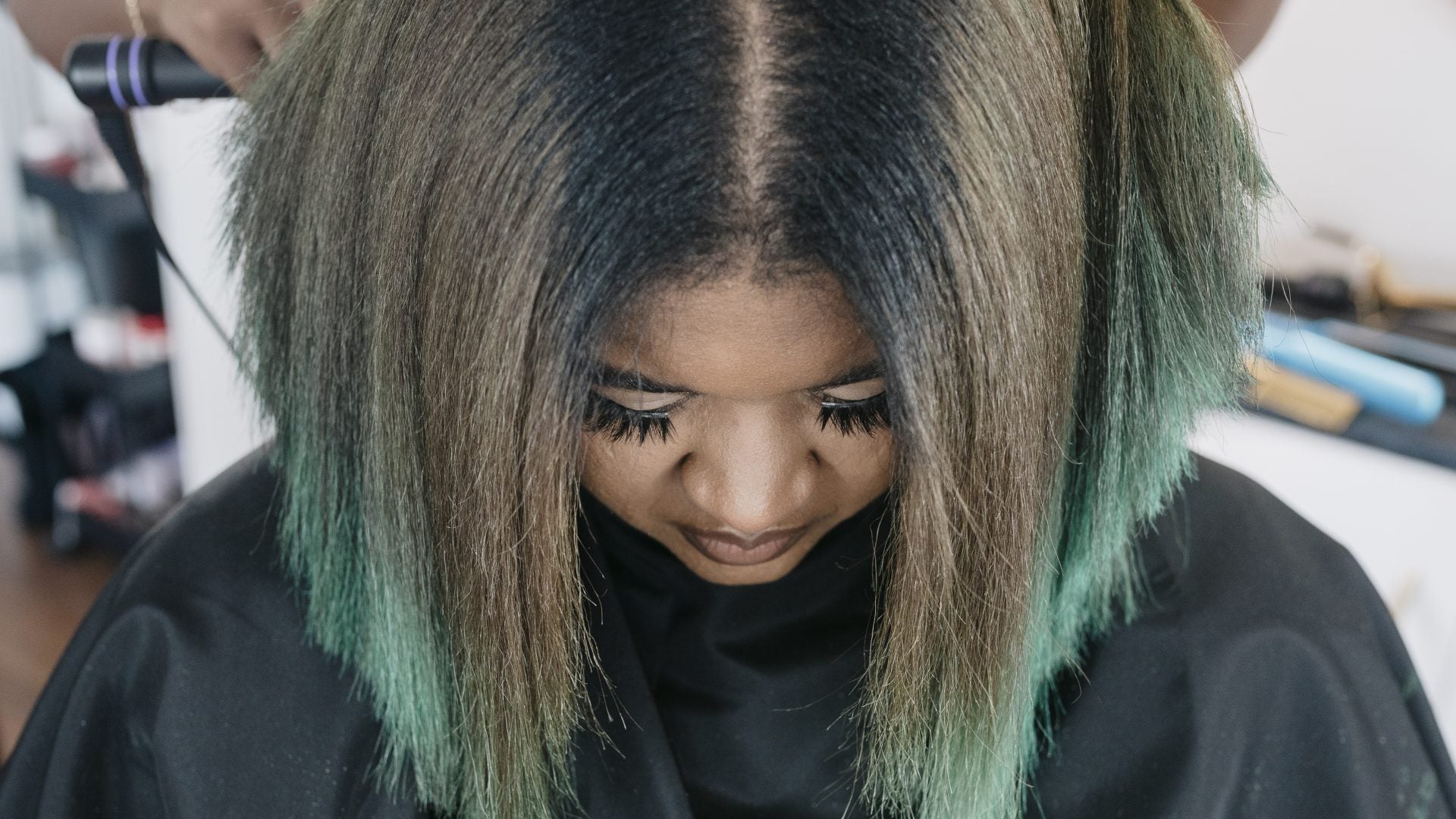
A new study by researchers at the National Institutes of Health found women who have used chemical straighteners or relaxers could be at a higher risk of uterine cancer. The data is from the Sister Study, a robust research project led by the National Institute of Environmental Health Sciences.
“We estimated that 1.64% of women who never used hair straighteners would go on to develop uterine cancer by the age of 70, but for frequent users, that risk goes up to 4.05%,” said Alexandra White, the head of the NIEHS Environment and Cancer Epidemiology group. While uterine cancer is rare (it accounts for 3.5% of cancer cases in the U.S.), Black women develop it at higher rates than women of other races, according to the National Cancer Institute.
The project gathers medical records and lifestyle surveys from thousands of women ages 35 to 74. The women in the study have sisters with breast cancer but don’t have it themselves. However, the study aims to identify their risk of breast cancer and other diseases.
Delving deeper into the findings, the study took place over 11 years and included 33,497 participants. 378 of the participants had a diagnosis of uterine cancer. Women who used straightening products in the last year had a slightly higher chance of developing cancer than those who didn’t. Those who used the chemicals more than four times in the past year had an even higher risk.
The researchers also found that women who used other hair products, such as hair dyes, highlights, and perms, didn’t have the same link to uterine cancer.
This isn’t the first study that’s been done on the topic of straighteners and cancer–a 2019 study by the National Institute of Health explored the risk between permanent hair dye, straighteners, and breast cancer. That study found an increased risk of hormone-related cancers among women who use said chemicals.
Black women straighten their hair for different reasons, ranging from preference to socio-economic factors. A 2020 Michigan State University study found that around 80% of Black women say they change their hair from its natural state because they believe it’s key to social and economic success.